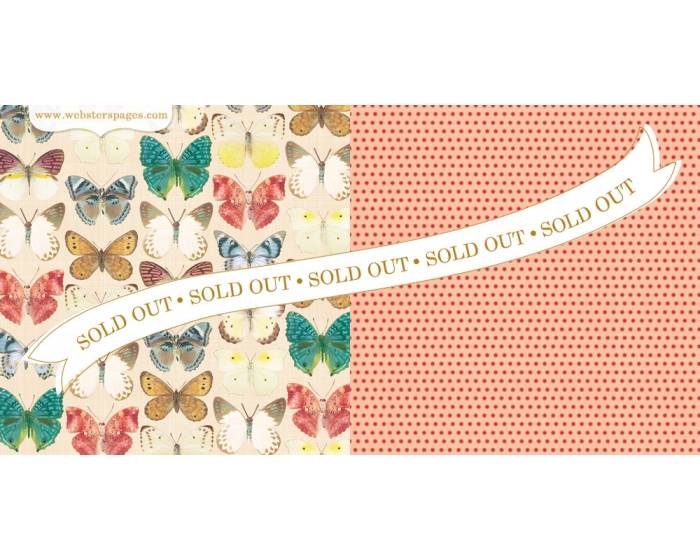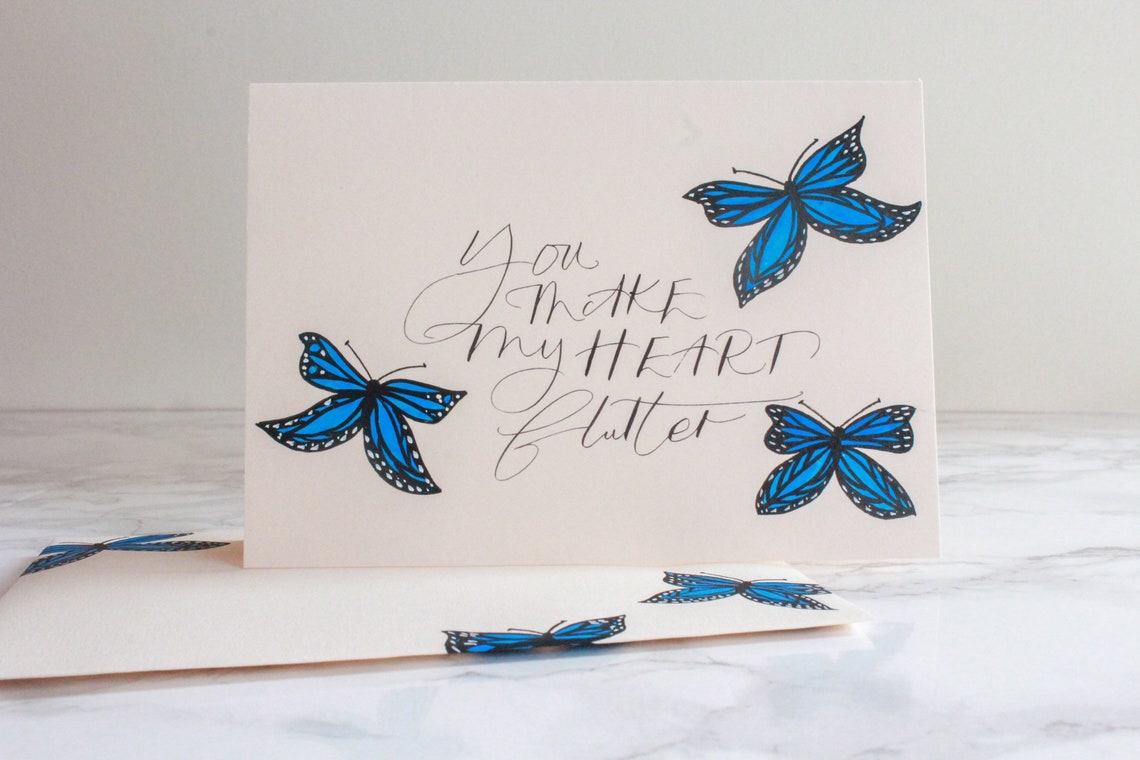

Try to keep your blood pressure and cholesterol levels managed well.If you consume alcoholic beverages, minimize your intake.Try to prevent your blood sugar from getting too low.If you smoke, consider limiting it or quitting. Limit or stop your intake of caffeine.If a medication is causing heart palpitations, ask your doctor if there are any alternatives.If you feel stressed or overwhelmed, try to add relaxation techniques to your daily routine.Keep a log of your activities, including the foods and beverages you consume, any medication you take, as well as your emotional state, and take note of when you get palpitations. Try to identify your triggers so you can avoid them in the future.If your doctor or cardiologist feels that treatment isn’t necessary, taking the following steps may help lower your risk of heart palpitations: In a review of studies published in 2018, researchers found evidence that people who smoke are at an increased risk of atrial fibrillation, the most common cause of arrhythmia.

However, don’t stop taking any medication without first talking with your doctor. If you think your medications are contributing to your palpitations, talk with your doctor about alternatives. For instance, try to swap sugary sodas, baked goods, and fruit juice concentrates with whole grains and fresh fruit and vegetables. Replacing sugar and other simple carbs with complex carbs may help keep your blood sugar levels stable. Low blood sugar can increase your risk of heart palpations. Also ask your doctor whether any of your prescription medications contain stimulants that could cause heart palpitations. Some illegal drugs like cocaine and ecstasy are stimulants that can cause heart palpitations. Try to avoid or minimize your intake of caffeine. There are many options, but some popular options include:

Including relaxation techniques in your weekly routine may help reduce heart palpations caused by stress or anxiety. If your palpitations don’t have a medical cause, you may be able to reduce symptoms by: Heart palpations usually don’t require treatment unless your doctor finds they’re caused by an underlying condition. Sometimes, doctors aren’t able to find the cause. Your doctor will need to address any underlying medical conditions. Treatment depends on the cause of your palpitations.

Possible causes of heart palpitations include: Lifestyle triggers They’re also the second most common reason that people visit a cardiologist - a doctor who specializes in the heart. One study estimates that 16 percent of visits to a doctor are because of heart palpitations. In some cases, they can be caused by a medical condition affecting your heart or another part of your body. Heart palpations can have a wide range of causes that include strong emotions, medications, and lifestyle factors.


 0 kommentar(er)
0 kommentar(er)
